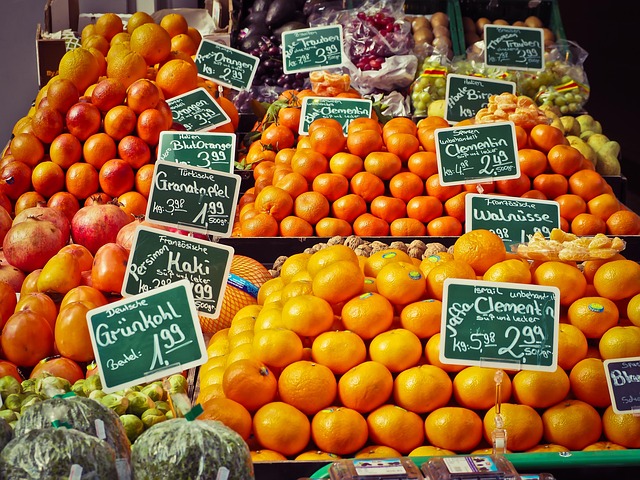Leaf collection and responsible yard waste Yard Waste Removal and Recycling are vital for fall yard management. Efficient removal enhances landscape beauty, prevents nutrient loss, and promotes sustainable practices by recycling leaves into rich compost that benefits soil fertility. Mulching reduces landfill waste, retains moisture, suppresses weeds, and regulates soil temperature, fostering plant health and contributing to environmental sustainability. Understanding local guidelines, separating organic matter from non-recyclables, and utilizing composting and chipping services are key steps in effective Yard Waste Removal and Recycling.
Transform your garden and embrace a greener approach with our comprehensive guide on leaf collection and mulching. Discover the remarkable benefits of this eco-friendly practice, from enhancing soil health to reducing yard waste. Learn about the mulching process and its role in sustainable landscaping.
Explore effective strategies for managing and recycling yard waste, ensuring a cleaner, more vibrant outdoor space. Embrace a responsible approach with our insights on yard waste removal and recycling.
- Understanding Leaf Collection and Its Benefits
- The Mulching Process: A Sustainable Approach
- How to Effective Manage Yard Waste Recycling
Understanding Leaf Collection and Its Benefits

Leaf collection is a vital service that offers numerous benefits for both homeowners and the environment. It involves the efficient removal and recycling of yard waste, primarily leaves, which can be a significant challenge during the fall season. By understanding leaf collection, we can appreciate its role in maintaining a clean and healthy outdoor space.
One of the key advantages is the positive impact on landscape aesthetics. Accumulated leaves can quickly transform a once-lush garden into an eyesore. Regular collection ensures your property remains well-maintained and visually appealing. Moreover, leaving fallen leaves on the ground can lead to nutrient depletion over time. Through proper recycling and mulching, these organic materials can be broken down and returned to the soil as rich compost, enhancing its fertility and promoting plant growth. This sustainable practice contributes to responsible yard waste removal and encourages a greener, more eco-friendly environment.
The Mulching Process: A Sustainable Approach

The mulching process is a sustainable approach to yard waste removal and recycling. It involves the transformation of fallen leaves, grass clippings, and other organic materials into nutrient-rich compost that can be reutilized in gardening and landscaping efforts. This eco-friendly method not only reduces the amount of waste sent to landfills but also enhances soil health by increasing its organic matter content.
Through mulching, these yard wastes are shredded and mixed, creating a uniform material that can act as a protective layer on top of soil. This layer helps to retain moisture, suppress weeds, and regulate soil temperature. By integrating mulched materials into gardens and flowerbeds, homeowners can foster a healthier environment for plants while contributing to the overall sustainability of their properties.
How to Effective Manage Yard Waste Recycling

Effective yard waste removal and recycling starts with proper management practices. First, identify which materials are recyclable in your area, as different regions have varying guidelines for composting and recycling. Separate leaves, grass clippings, and other organic matter from non-recyclable items like plastic bags and metal. Next, compost dry leaves and grass clippings to create nutrient-rich mulch that can be returned to the yard. This reduces landfill waste and provides a natural soil amendment.
For larger branches and wood chips, consider chipping or shredding them for use as mulch or fuel. Local recycling centers may offer drop-off locations or pick-up services for these materials. Additionally, many communities have specific collection days for yard waste, ensuring efficient removal while promoting environmental sustainability.
Leaf collection and mulching not only enhance your yard’s aesthetics but also contribute to sustainable practices by effectively managing yard waste removal and recycling. By understanding the benefits of each process, you can transform your outdoor space while reducing environmental impact. Implement these practices to foster a greener, more eco-friendly home and community.
